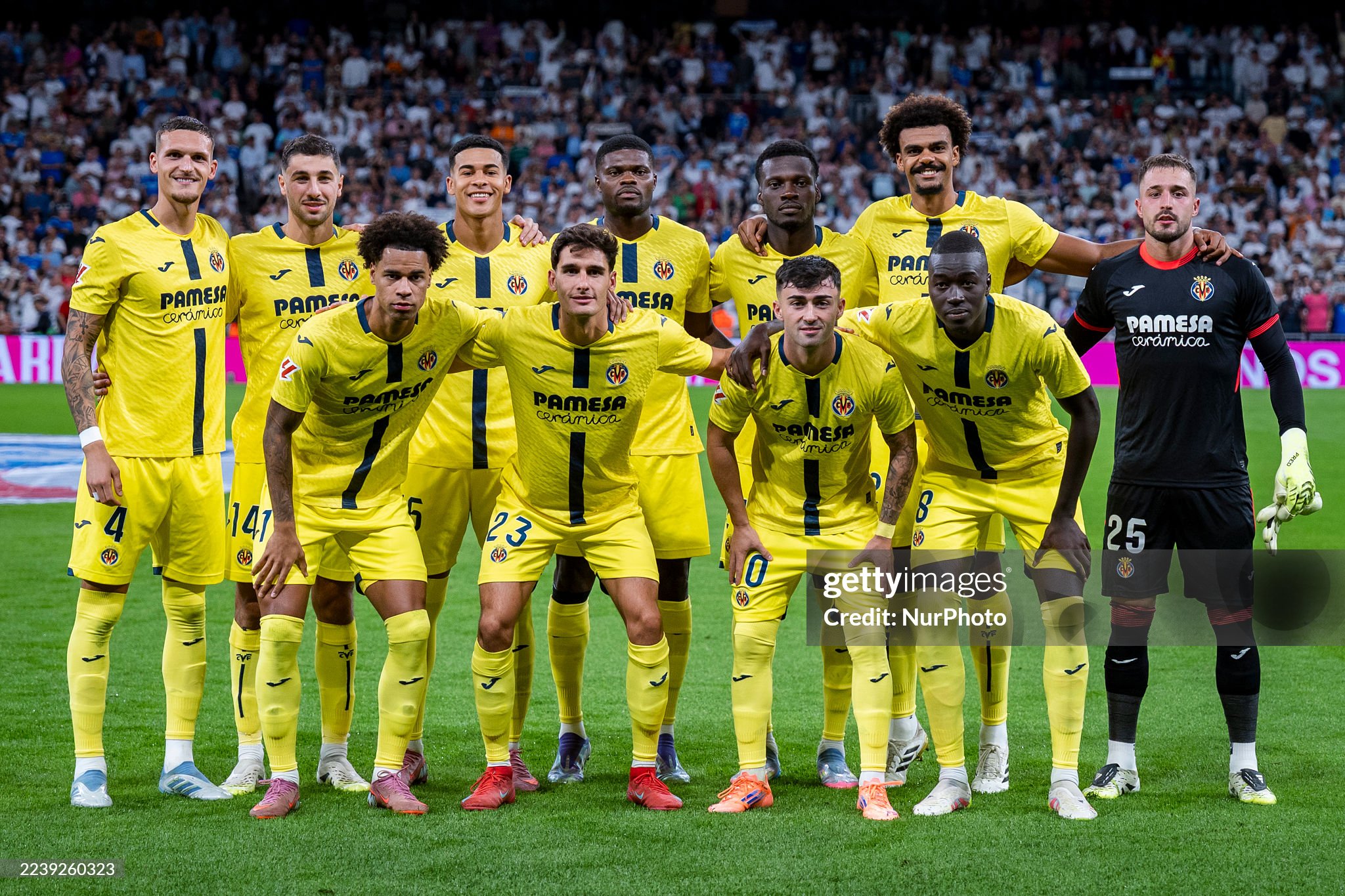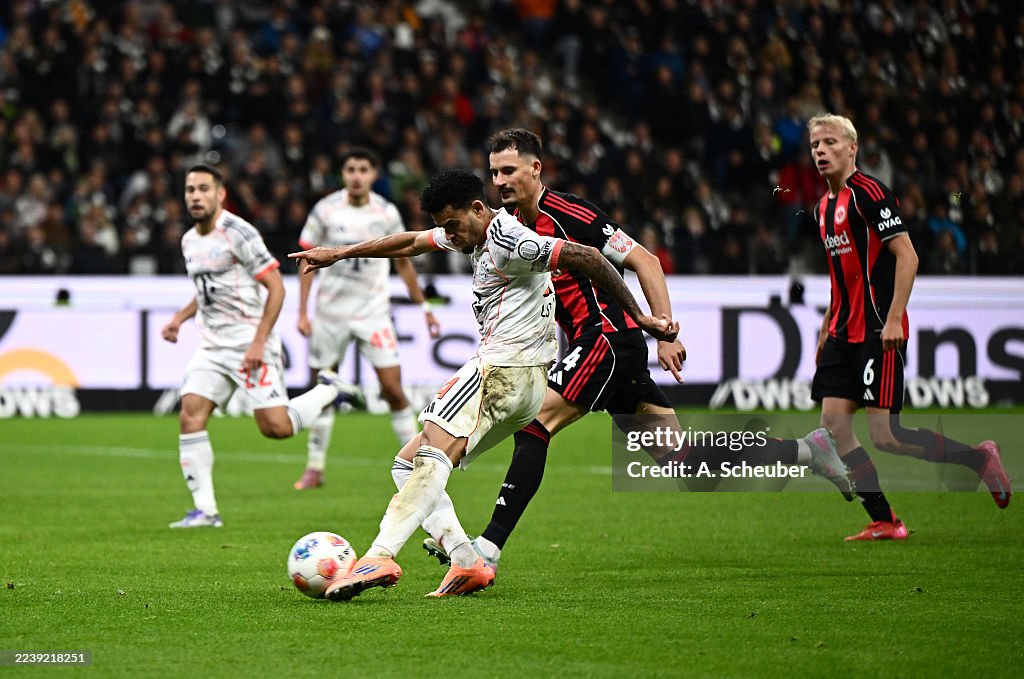A guarantee from the CEO of the "Yellow Submarine," Fernando Roig Negueroles, who does not understand the criticism of the idea of a LaLiga match being played in the United States.
After UEFA made clear its strong opposition to the staging of European domestic league matches abroad, yet surprisingly granted approval for one such match to take place, the spotlight turned to Spain and LaLiga.
The governing body gave the green light for Villarreal’s “home” clash with Barcelona to be moved to Miami, Florida, this coming December. The decision has sparked heated debate within Spanish football circles, with many questioning the motives, fairness, and broader consequences of taking a competitive league match away from home soil. But for Villarreal, the club unexpectedly chosen to host the experiment, the response has been overwhelmingly positive.
Fernando Roig Negueroles, the CEO of Villarreal and son of the club’s long-time president Fernando Roig Alfonso, spoke enthusiastically about the opportunity when interviewed on “La Tribu.” He argued that critics of the plan fail to see the bigger picture. In his view, the initiative represents a bold step into the future, one that allows Spanish football to project itself to new international audiences and expand its footprint well beyond the Iberian Peninsula.
“I don’t think it’s a bad thing at all,” Roig Negueroles insisted. “I believe this is about opening Spanish football to other countries, other markets, and that’s something positive. We cannot stay still while other leagues continue to grow globally. This is a way for LaLiga to showcase itself to fans who may otherwise only watch the Premier League or Serie A.”
The executive was also keen to emphasize that Villarreal, often described as the “Yellow Submarine” due to its nickname, will not be personally profiting from the Miami adventure. “Villarreal will not receive anything for playing in Miami,” he clarified. “We have decided that any funds linked to this game will be directed toward our members and season-ticket holders. That is the priority for us.”
To soften the logistical blow for local fans who might have been planning to attend the match at the Estadio de la Cerámica, Villarreal has introduced a two-pronged support initiative. First, those able to make the transatlantic trip will receive free tickets to the match in Miami. Second, members unable to travel will be reimbursed between 25% and 30% of their ticket value, ensuring that no one feels entirely excluded. “We’ve tried to mitigate the inconvenience in two ways,” said Roig Negueroles. “Our supporters are at the heart of this project, and we want them to feel included, whether they are in Spain or in Florida.”
The broader strategy, according to Villarreal’s leadership, lies in tapping into new markets where Spanish football has enormous growth potential. The club already has youth academies in the United States and sees the Miami game as a natural extension of those efforts. “This is the future,” said the CEO. “We have schools in the U.S., and everything we achieve there will ultimately benefit Spanish football as a whole. It’s about growth, visibility, and connecting with new fans who may one day travel to Villarreal or buy our shirts.”
Of course, the move has raised questions of competitive integrity. Some Spanish pundits argue that relocating a match across the Atlantic undermines the principle of home advantage and could distort the league table. Roig Negueroles dismissed these concerns with a mixture of pragmatism and humor. “The competition is not distorted just because you play in another stadium,” he explained. “Two years ago, we played seven matches at Levante’s stadium while our ground was being renovated, and nothing happened. Football is played on the pitch, not in the stands.”
When asked specifically about facing Barcelona in Miami, he pointed out that history is not exactly on Villarreal’s side at home anyway. “We haven’t beaten Barcelona at La Cerámica for 20 years. Away from home, we’ve beaten them three times in recent years. So perhaps it even benefits us to play outside of Villarreal. People can say what they like, but it doesn’t bother us at all.”
From LaLiga’s perspective, this game is a vital experiment. Javier Tebas, the league’s president, has long been an advocate of internationalizing Spanish football and has previously pushed for games to be played abroad, including an earlier attempt to stage Barcelona vs. Girona in Miami back in 2018, which was blocked by the Spanish football federation and FIFA. With UEFA’s reluctant approval this time around, LaLiga sees Miami as a potential springboard to open new revenue streams, including television rights, sponsorships, and merchandising opportunities in North America.
For Barcelona, the fixture presents both opportunity and risk. The Catalan giants boast a vast global fanbase, with the United States considered one of their strongest overseas markets. Their summer tours to the U.S. regularly draw huge crowds, and the club is confident that Miami will feel like a “home away from home.” Yet, playing a competitive league match abroad rather than in Spain introduces new complexities: long-distance travel, recovery time, and unfamiliar conditions that could affect performance during a tightly packed season.
Meanwhile, for Villarreal, a club often overshadowed by Spain’s giants, the Miami game represents a chance to elevate their profile dramatically. A team from a small town of around 50,000 residents in Castellón province is about to share the stage with Barcelona in one of America’s most high-profile football markets. For Roig Negueroles, this is not just about finances or logistics. It is about planting Villarreal’s flag firmly in the global football map.
The move will inevitably fuel further debate in Spain about whether domestic league matches should be exported at all. Critics point to fan disenfranchisement, unfair disruption of the competition, and the creeping commercialization of football at the expense of tradition. Supporters, however, see it as a necessary evolution in an increasingly globalized sport, where staying relevant often requires bold and unconventional decisions.
Whether Miami becomes a one-off spectacle or the start of a recurring trend will depend on the outcome of December’s match not just on the pitch, but in the stands, on TV screens, and in the financial accounts of LaLiga and its clubs.







